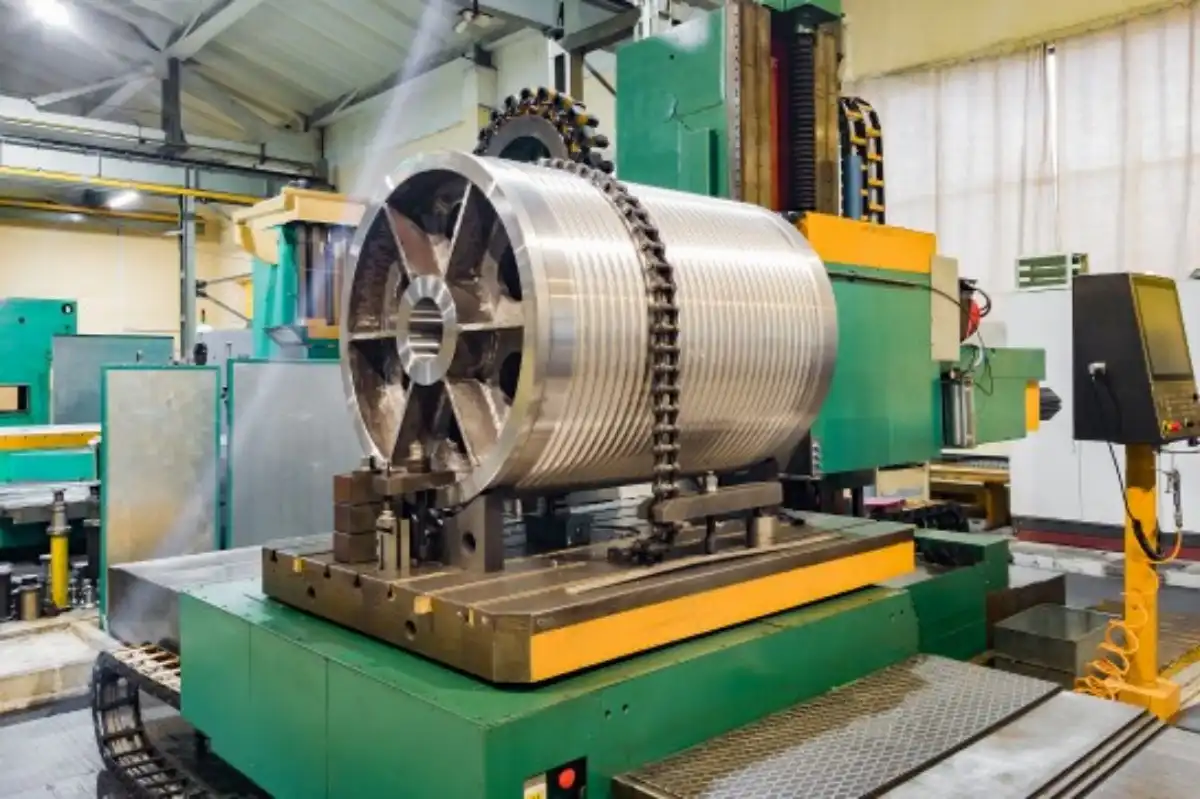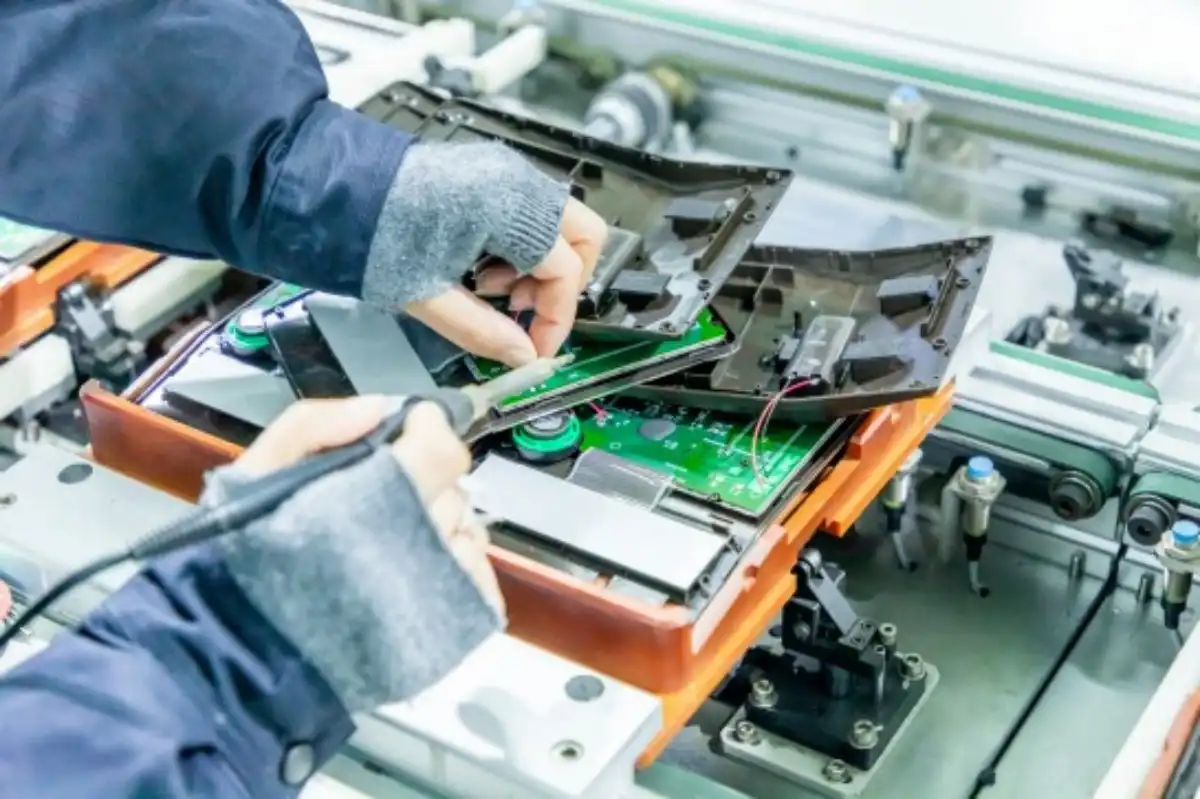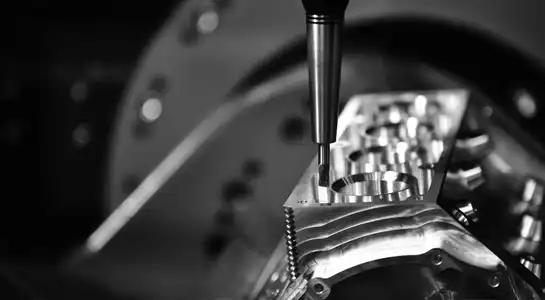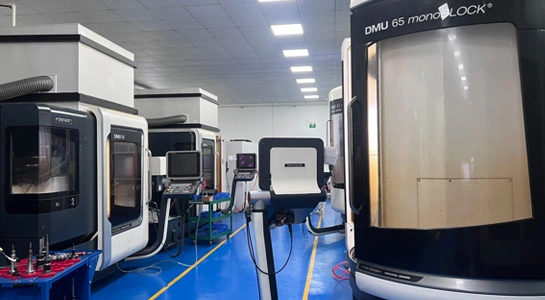How to Choose the Right Supplier for Automotive Prototype Parts?
Selecting the right supplier for automotive prototype parts is crucial for the success of your project. A reliable supplier ensures high-quality parts, timely delivery, and cost-effectiveness. To make the best choice, consider factors such as the supplier's expertise, manufacturing capabilities, quality control processes, and track record. Look for a supplier with experience in automotive prototyping, advanced technologies like CNC machining and 3D printing, and a commitment to meeting industry standards. Additionally, assess their communication skills, flexibility in accommodating design changes, and ability to provide value-added services. By carefully evaluating these aspects, you can find a supplier that not only meets your immediate needs but also supports your long-term product development goals in the automotive industry.
Evaluating Supplier Expertise and Capabilities
Assessing Industry Experience
When choosing a supplier for automotive prototype parts, it's essential to evaluate their industry experience. Look for suppliers who have a proven track record in the automotive sector. Their familiarity with industry standards, regulations, and specific requirements can significantly impact the quality and functionality of your prototype parts.
Consider the following aspects:
- Years of experience in automotive prototyping
- Portfolio of past projects
- Testimonials from other automotive clients
- Understanding of automotive-specific materials and processes
A supplier with extensive experience in automotive prototyping will be better equipped to handle the unique challenges and demands of your project.

Manufacturing Capabilities and Technologies
The right supplier should have a wide range of manufacturing capabilities and access to cutting-edge technologies. This ensures they can produce diverse automotive prototype parts efficiently and accurately. Evaluate their equipment and processes, such as:
- CNC machining for precision metal and plastic parts
- 3D printing technologies (e.g., SLA, SLS) for rapid prototyping
- Injection molding for low-volume production
- Metal fabrication techniques (e.g., stamping, die casting)
Advanced manufacturing capabilities allow for greater flexibility in design and faster turnaround times. Additionally, a supplier with diverse technologies can often suggest the most cost-effective method for producing your prototype parts.
Material Expertise
Automotive prototype parts often require specific materials to meet performance and safety standards. A competent supplier should have in-depth knowledge of various materials suitable for automotive applications, including:
- High-performance plastics (e.g., ABS, polycarbonate, nylon)
- Metals (e.g., aluminum, steel, titanium)
- Composites and advanced materials
They should be able to advise on material selection based on your prototype's requirements, such as strength, heat resistance, or weight considerations. This expertise ensures that your prototype parts not only look right but also perform as intended under real-world conditions.
Quality Assurance and Certification
Quality Control Processes
Quality is paramount when it comes to automotive prototype parts. A reliable supplier should have robust quality control processes in place to ensure consistency and accuracy in every part produced. Look for suppliers who implement:
- Stringent inspection procedures at various stages of production
- Advanced measurement and testing equipment
- Documentation and traceability systems
- Continuous improvement initiatives
Ask potential suppliers about their quality management systems and how they handle non-conforming parts. A commitment to quality not only ensures better prototype parts but also reduces the risk of delays and additional costs due to errors or defects.
Industry Certifications
Certifications serve as indicators of a supplier's commitment to quality and industry standards. When evaluating suppliers for automotive prototype parts, consider those with relevant certifications such as:
- ISO 9001:2015 for quality management systems
- IATF 16949 for automotive quality management
- ISO 14001 for environmental management
- AS9100 for aerospace quality management (if applicable)
These certifications demonstrate that the supplier adheres to recognized standards and best practices in manufacturing and quality control. While not all certifications may be necessary for prototype production, they can provide assurance of the supplier's overall competence and reliability.

Compliance with Automotive Standards
Automotive prototype parts must often comply with specific industry standards and regulations. A knowledgeable supplier should be familiar with relevant automotive standards, such as:
- FMVSS (Federal Motor Vehicle Safety Standards)
- SAE (Society of Automotive Engineers) standards
- Regional regulations (e.g., EU vehicle type-approval system)
Ensure that your chosen supplier understands these requirements and can produce prototype parts that meet the necessary standards. This compliance is crucial for the validity of your testing and the eventual success of your automotive product.
Communication, Support, and Additional Services
Effective Communication and Collaboration
Clear and efficient communication is vital when working with a supplier on automotive prototype parts. Look for a supplier who demonstrates:
- Responsiveness to inquiries and requests
- Willingness to engage in detailed discussions about your project
- Ability to provide regular updates on project status
- Transparency about capabilities, limitations, and potential challenges
A supplier with strong communication skills can help prevent misunderstandings, address issues promptly, and ensure that your prototype parts meet your exact specifications. Consider conducting initial consultations to gauge their communication style and responsiveness.
Design Support and Engineering Assistance
Many automotive projects benefit from additional design and engineering support. A valuable supplier should offer services beyond mere manufacturing, such as:
- Design for Manufacturability (DFM) feedback
- Suggestions for cost-effective production methods
- Material selection advice based on performance requirements
- 3D modeling and CAD file optimization
This level of support can help refine your designs, improve the functionality of your automotive prototype parts, and potentially reduce costs. Evaluate the supplier's willingness and ability to provide these value-added services as part of their offering.
Flexibility and Scalability
Automotive prototyping often involves iterations and changes. Choose a supplier who demonstrates flexibility in accommodating design modifications and can scale production as needed. Consider their ability to:
- Handle quick turnaround times for design changes
- Offer both low-volume and high-volume production options
- Adapt to evolving project requirements
- Provide support throughout the product development lifecycle
A flexible supplier can be a valuable partner as your project progresses from initial prototyping to potential production runs. This adaptability can save time and resources in the long run, especially for complex automotive projects.
Conclusion
Choosing the right supplier for automotive prototype parts is a critical decision that can significantly impact your project's success. By carefully evaluating a supplier's expertise, manufacturing capabilities, quality assurance processes, and support services, you can make an informed choice that aligns with your project goals. Remember to prioritize suppliers who demonstrate industry experience, technological proficiency, and a commitment to quality. Effective communication and flexibility are also key factors in building a successful partnership. With the right supplier, you can ensure that your automotive prototype parts meet the highest standards of quality, functionality, and compliance, paving the way for successful product development and innovation in the automotive industry.
FAQs
1. How important is local sourcing for automotive prototype parts?
While local sourcing can offer advantages like faster delivery and easier communication, the most critical factors are the supplier's expertise, quality, and capabilities. Choose based on overall value rather than location alone.
2. Should I prioritize cost or quality when selecting a supplier?
Quality should be the primary concern for automotive prototype parts, as it directly impacts safety and performance. However, a good supplier should offer competitive pricing while maintaining high quality standards.
3. How can I verify a supplier's claims about their capabilities?
Request sample parts, visit their facility if possible, and ask for references from other automotive clients. Also, look for relevant certifications and industry recognition.
Expert Automotive Prototype Parts Solutions | BOEN
At BOEN Prototype, we specialize in delivering high-quality automotive prototype parts with precision and efficiency. Our expertise in CNC machining, rapid injection molding, and advanced 3D printing technologies ensures we can meet the most demanding requirements of the automotive industry. As a trusted supplier and manufacturer, we offer comprehensive solutions from design support to low-volume production. Contact us at contact@boenrapid.com to discover how we can accelerate your automotive prototyping projects.
References
Smith, J. (2022). "Automotive Prototyping: Strategies for Successful Supplier Selection." Journal of Automotive Engineering, 45(3), 278-295.
Johnson, M. et al. (2021). "Quality Assurance in Automotive Prototype Manufacturing: A Comprehensive Review." International Journal of Quality & Reliability Management, 38(2), 112-130.
Brown, R. (2023). "The Impact of Advanced Manufacturing Technologies on Automotive Prototyping." Automotive Innovation Quarterly, 17(1), 45-62.
Lee, S. and Park, K. (2022). "Supplier Evaluation Criteria for Automotive Prototype Parts: An Industry Survey." Supply Chain Management: An International Journal, 27(4), 501-518.
Garcia, A. (2021). "Material Selection Strategies for Automotive Prototype Parts." Materials & Design, 203, 109616.
Thompson, D. et al. (2023). "The Role of Communication in Successful Automotive Prototyping Partnerships." Journal of Engineering Management, 31(2), 185-202.

How Can We Help?

Your Trusted Partner in Rapid Manufacturing.



